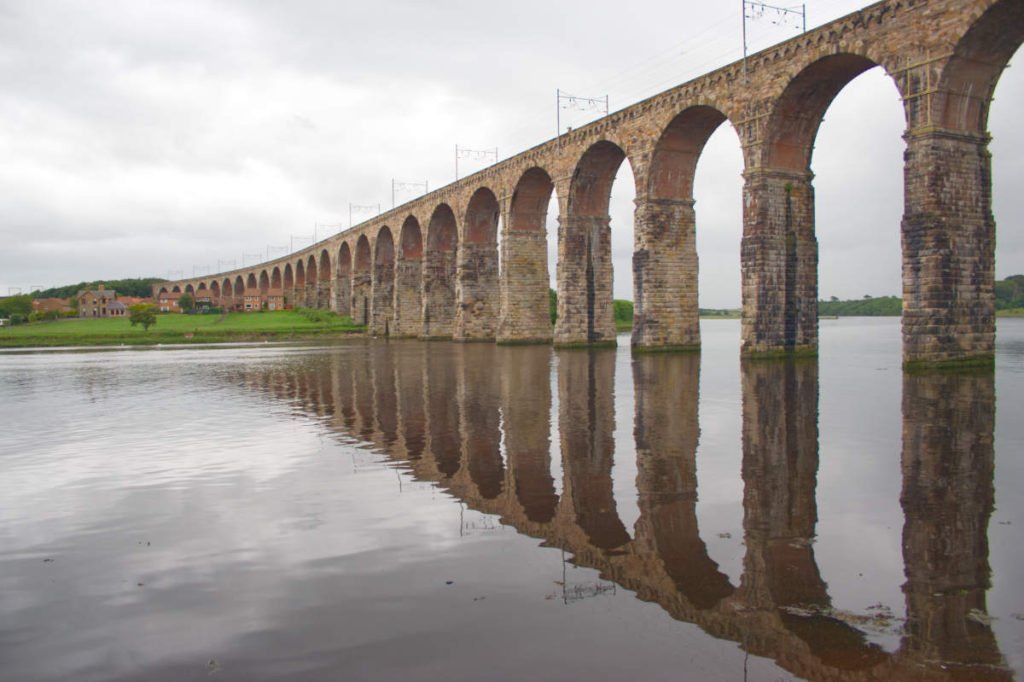17th March 1328
The First War of Scottish Independence ends
When it signed the Treaty of Edinburgh-Northampton on 17 March 1328 at Holyrood, England agreed to recognise the Kingdom of Scotland as independent, and ruled by Robert the Bruce and his heirs and successors. In exchange it received £100,000, and the long-running First War of Scottish Independence, which had begun with an English invasion in 1296, came to an end.
The invasion had come about after the English king, Edward I, changed his mind after being asked by the Scots to help decide who should be the Scottish king after the death of Queen Margaret. Having appointed John Balliol, he turned against the Scottish king and crossed the border at Berwick upon Tweed.

Robert the Bruce
Robert the Bruce later took part in William Wallace’s revolt against the English throne and was crowned King of Scots at Scone on 25 March 1306. He reigned for the rest of his life.
England eventually recognised that it had no option but to offer terms for peace, and orders were submitted by the Parliament at York outlining terms. Scotland agreed to the terms on 17 March 1328, and they were ratified by the English Parliament in Northampton, hence the treaty’s name, on 3 May.
Unfortunately, pressure upon the English throne from nobles south of the border made it increasingly difficult for the monarch to uphold the terms of the deal. King Edward III, who had been a signatory to the original agreement of 1328, once again sent forces to Berwick-upon-Tweed in 1333.
